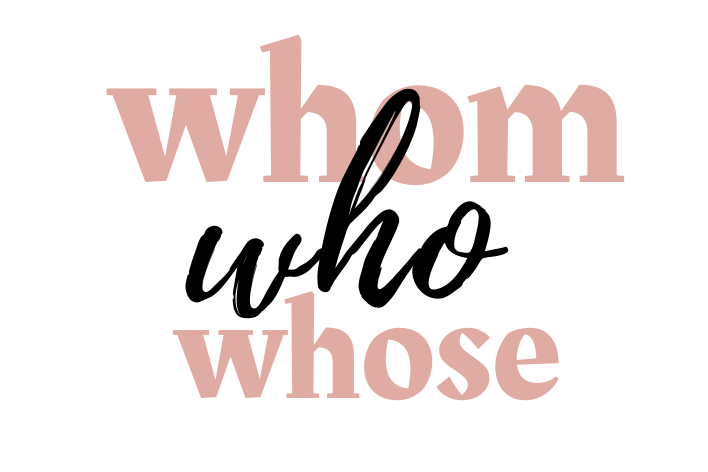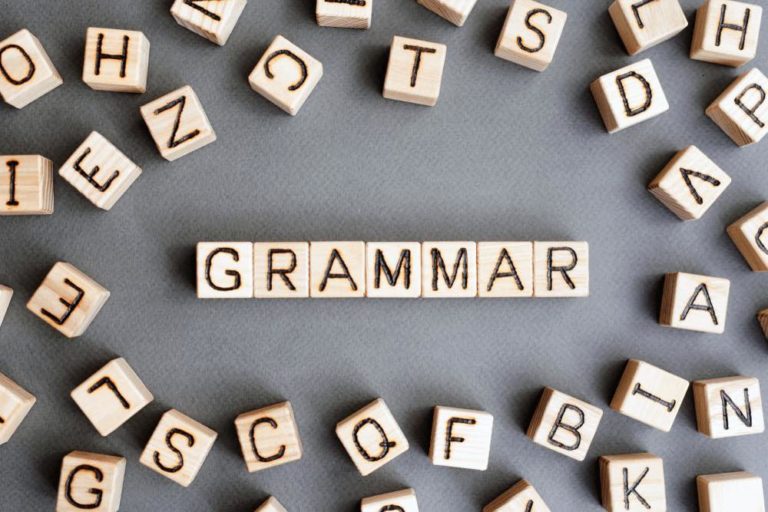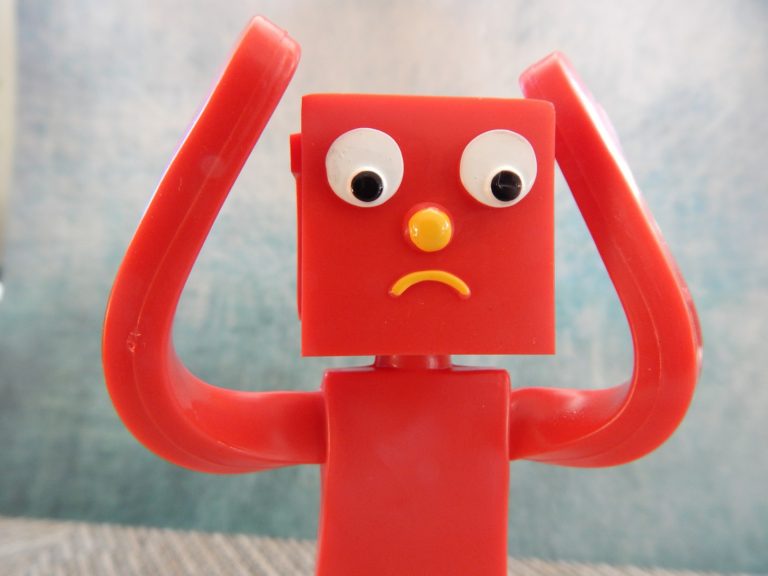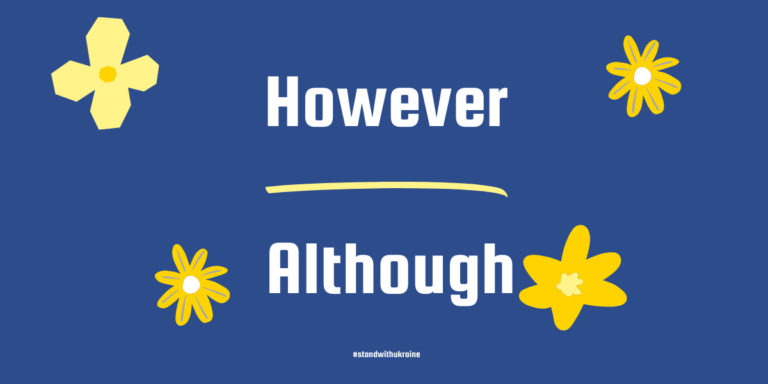Who, whom, whose
What is the difference between who, whom, whose and how do we know when and how to use it? When learning English, this topic can be confusing. Let’s take a look at the differences!
“Who” is used as the subject of a pronoun in English. The use of “whom” is for an object pronoun and indicates the person who is receiving the action. The form of “whose” is to show a possessive object that belongs to someone.
Objects, possessive, and subjects
Let’s take a moment to refresh our memories about the subject, pronouns, and possessive words.
An object is simply a noun that is affected by a verb.
- An example could be the word “clean”. She cleans her room.
A possessive shows that an object belongs to someone.
- An example here is “bag”. This is Cynthia’s bag.
The subject is the person or thing that is doing the action in the sentence.
- A sentence example for a subject could look like this: “Mark walks to work in the morning.”
Now that we have had a refresher, let’s see what the differences between who, whom, and whose are.
Who, whom, whose?
The differences seem confusing but let’s break them down into examples.
Who?
When we as the question of “who?”, who becomes the subject of the sentence. It shows that the subject is acting as the verb. Here are some examples of John, Stacey, and Patricia as the subjects.
John plays the guitar – Who plays the guitar? John does.
Stacey is going shopping with us later – Who is coming shopping with us later? Stacey will come.
Patricia will not eat seafood for dinner. She hates it! – Who hates seafood? Patricia hates seafood and will not eat it.
Whom?
What is “whom” was the subject of the sentence? What would change? When whom is in the sentence it means that a noun is being changed or affected by the verb. In our examples, we will use John, Stacey, and his cat.
They asked John to join them at the movies. – Whom did they ask to go to the movies with them?
Stacey was talking to that woman. – Whom was Stacey talking to?
He blamed his cat for breaking the vase. – Whom did he blame for the broken vase? His cat.
Whose?
When using “whose”, there is the implication that something is owned by someone. It will answer the question of who owns something. Let’s look at examples with John, Stacey, and Patricia.
Whose book is this? – That is John’s book.
Whose phone is ringing? – Stacey’s phone is ringing.
Whose voice do I hear? – That’s Patricia’s voice you hear.
Again, who, whom, and whose are all considered to be interrogative pronouns. They are used to ask a question in hopes to find the answer.
Relative Clauses
The use of relative clauses should be considered when using who, whom, and whose.
When replacing the relative pronoun for the word “whom” you are replacing a human object. This is not a common but it is something to remember for later use.
We are looking at her. She is playing piano.
The woman at whom we are looking at is playing the piano.
The relative pronoun of “who” can also replace a human object within a sentence.
People walk in the park.
People travel often during the summer season.
As mentioned earlier, “whose” shows possession and therefore replaces the possessive adjective in the sentence. It will also be used with the subject noun that some after the adjective. What does that look like?
That woman sings so well. Her voice is very beautiful.
The woman whose voice is very beautiful is singing very well.
Let’s Practice

Using the photo above, can you make some sentences while using who, whom, or whose?
Here is an example to get you started!
That book for whom it was written for will enjoy it very much.
What other sentences can you create?







